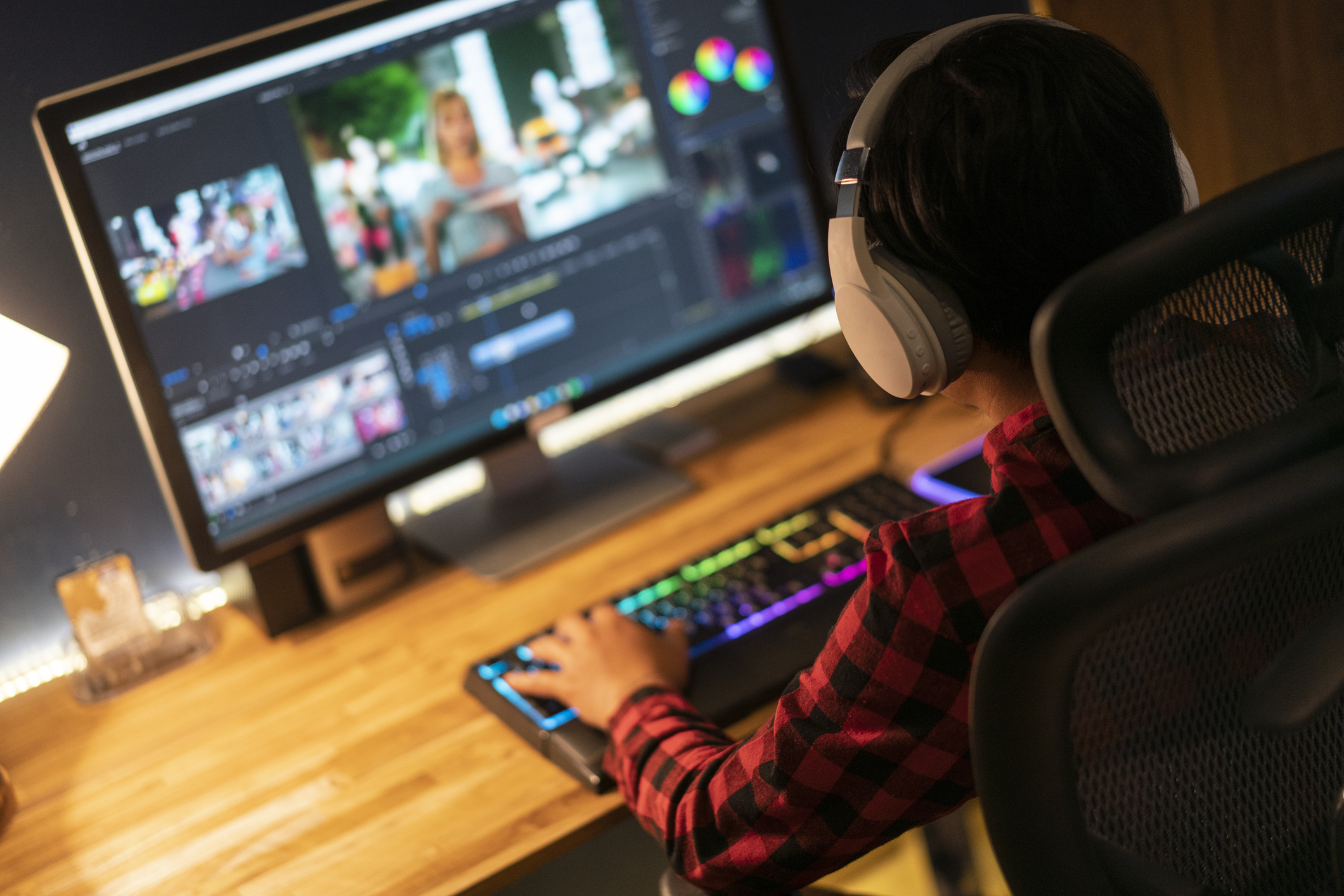
"The word 'rules' is often defined as control or dominion over a space. When new systems emerge, rules are resisted; they represent limits. Consider the early internet. In the 1980s and 1990s, forums, chatrooms, and file-sharing sites thrived in a rule-free zone. Anything went, and few objected. But growth brought problems: spam, cybercrime, harassment, piracy, which demanded order. Out of necessity came landmark policies like the Digital Millennium Copyright Act (1998) and the General Data Protection Regulation (2018)."
"We all know you need AI skills to get ahead but in July, YouTube jolted the creator community by announcing restrictions on monetising "inauthentic" content, including AI-generated material. The backlash was immediate and intense, forcing the platform to clarify that the changes primarily targeted duplicate AI content or "AI slop". While this calms creators for the time being, the moment offered a clear signal: the era of unregulated AI content is coming to a turning point."
"AI is boldly revolutionising how creators make videos. In pre-production, chatbots can spin a simple prompt into a script outline, polish the language for different audiences, and make sure the content serves its intended purpose. On top of that, storyboarding is now faster with the technology providing the ability to draft place-holding characters, settings, and even be prompted to flag when visuals drift from the original creative vision."
Rules become necessary as systems scale and problems emerge, turning open spaces into regulated ones. Early internet communities operated with few constraints until spam, cybercrime, harassment, and piracy demanded legal frameworks such as the Digital Millennium Copyright Act (1998) and the General Data Protection Regulation (2018). A comparable inflection point is occurring with creative AI as platforms respond to low-quality or inauthentic AI-generated content. Policy moves, exemplified by YouTube's monetisation restrictions and clarifications, signal stricter enforcement against duplicate or "AI slop" content. Creators should protect current and future videos by ensuring creative authenticity while leveraging AI tools for scripting and faster storyboarding without sacrificing quality.
Read at Creative Bloq
Unable to calculate read time
Collection
[
|
...
]